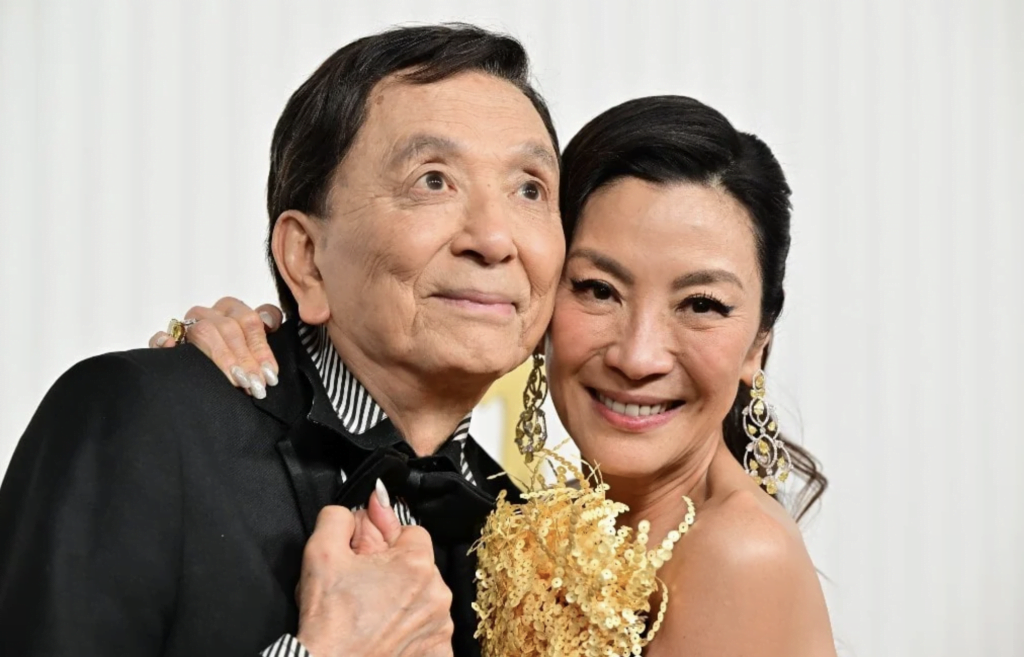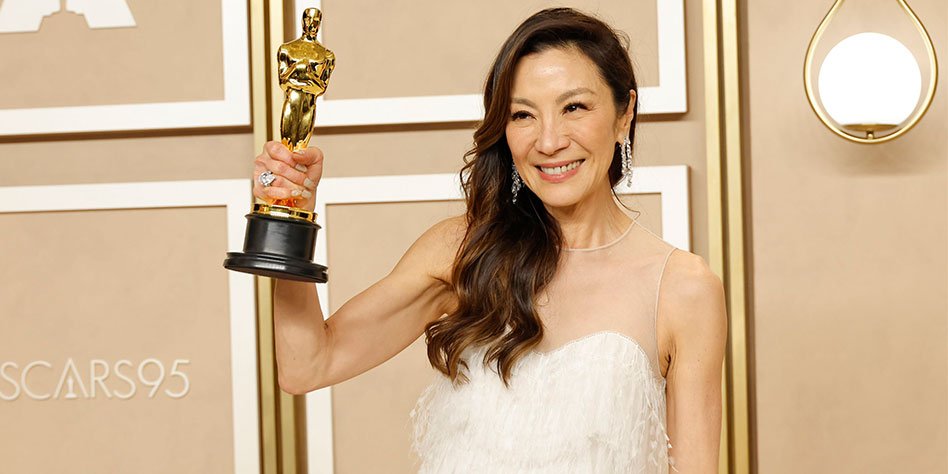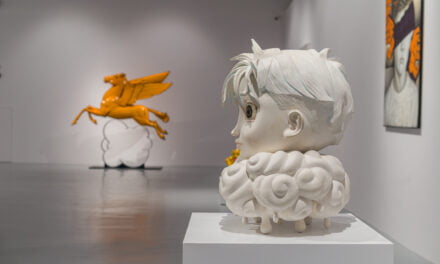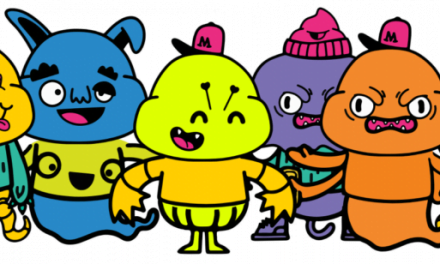The 95th Academy Awards marked another milestone for Asians in Hollywood when the first Asian woman won Best Actress.
Michelle Yeoh, a Malaysian actress of Chinese descent, proudly stood before the world stage, on March 12, clutching her hard-fought Oscar after a stellar performance in ‘Everything, Everywhere, All at Once’.
Sharing the stage minutes later, another Asian legend, James Hong, stood next to her to collect the Best Picture award.
James Hong, who was born in America but grew up in Hong Kong, has been acting, directing and producing films since the mid-1950s. He has appeared in over 500 films and TV shows. Hong, who now has name imprinted on the Hollywood Walk of Fame, is 94 years old and not ready to retire.
Hong, as many other Asian talents within the film industry’s mecca, had to struggle for recognition throughout his career. He was stuck playing secondary for much of his career such as Hannibal Chew in cult classic ‘Blade Runner’, released in 1982.
During an TV interview last December with CBS’ Sunday Morning, James Hong shared how he and other artists of Asian descent, had to struggle for recognition.
For decades, white actors were given the main roles for Asian characters. This practice was particularly prevalent in the early days of Hollywood, when Asian characters were often portrayed as caricatures or stereotypes. Examples include Mickey Rooney’s portrayal of Mr. Yunioshi in ‘Breakfast at Tiffany’s’, released 1961, and Fu Manchu being played by Boris Karloff in the 1932 Hollywood film ‘The Mask of Fu Manchu’.

Hollywood has seen much progress since the mid-20th century though. One of the first notable films to have Asians play leading roles was 1961’s ‘Flower Drum Song’. The film is based on the Broadway musical of the same name and tells the story of a Chinese-American family living in San Francisco’s Chinatown. The lead roles were played by Asian-American actors, including Nancy Kwan, James Shigeta, and Miyoshi Umeki. The film was directed by Henry Koster and was praised for its positive portrayal of Asian-American characters.
In the 1970s, Bruce Lee took the world by storm with his martial arts films, including ‘The Big Boss,’ ‘Fist of Fury,’ and ‘Way of the Dragon.’ Then followed Jackie Chan in the 1980s and 1990s with his comedic martial arts films, like ‘Rumble in the Bronx’ and ‘Shanghai Noon’.
More recently, 2018 American romantic comedy-drama ‘Crazy Rich Asians’ had an all-Asian cast. The film is based on a novel written by Singaporean-born American, Kevin Kwan.
Meanwhile, superhero franchise Marvel released ‘Shang-Chi and the Legend of the Ten Rings’ in 2021, with the lead character, Shang-Chi, played by Chinese-Canadian actor Simu Liu.
Streaming platforms, like Disney+ and Netflix, are now producing and screening torrents of Asia-centric content, like the recent global hit ‘Physical 100’, a Korean reality TV show.
It is clear the international stage is changing to include a more diverse range of stories, with Asians spearheading the movement. After facing decades of discrimination and underrepresentation, Asian stories are now in the limelight.
These new inroads into the entertainment industry were hard fought by the older generations of non-white actors and actresses, who’s struggles are now paying off for the younger generations of aspiring performing artists.
From the success of films like ‘Crazy Rich Asians’ to the increased representation of Asian actors and filmmakers in major productions, the industry has shown a willingness to acknowledge and address its past shortcomings.
While there is still much work to be done, the progress made so far is a promising sign of the industry’s potential for greater inclusivity and representation in the future. By continuing to prioritize diverse voices and stories, Hollywood can better reflect the world we live in and create a more equitable and inclusive entertainment landscape.
Written by: Rodrigo Chiari.






